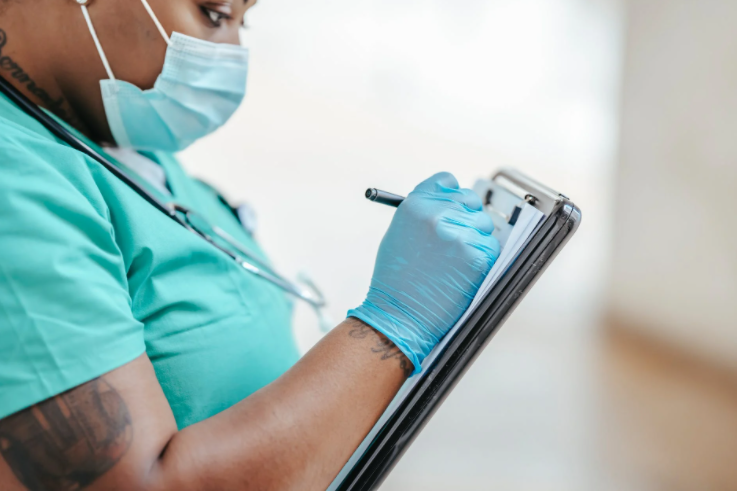
Researchers from the Massachusetts Institute of Technology or MIT have developed a wireless sensing and artificial intelligence system that could improve patients' techniques who are doing self-administered medications like insulin pens and inhalers.
MIT wireless sensor
Most patients usually administer their medication, which can range from swallowing pills to injecting insulin. But they do not always get it right, as noted by Vereityinfo.
According to experts, improper adherence to doctors' orders is commonplace, accounting for thousands of deaths and billions of dollars in medical costs every year.
So to tackle this, researchers at MIT have developed a system to help reduce those numbers for some types of medications.
Also Read: COVID-19 Vaccine: Moderna Begins Trial on Young Children, Babies to See How it Affects Them
The new technology pairs wireless sensing with artificial intelligence or AI to determine when a patient uses an insulin pen or inhaler and immediately flags any potential errors in its administration method.
Dina Katabi, the Andrew and Erna Viteri Professor at MIT, whose research group has developed the new solution, said that some past work reports that up to 70% of patients do not take their insulin as prescribed. A lot of patients do not use inhalers properly.
How the system works
According to the researchers at MIT, users can install the system in their homes. It can alert patients and caregivers to medication errors and potentially reduce the risks of unnecessary hospital visits.
Some common drugs entail intricate delivery mechanisms. Mingmin Zhao, a Ph.D. student in MIT's Computer Science and Artificial Intelligence Laboratory or CSAIL, said that for insulin pens, it requires priming to make sure that there are no air bubbles inside.
After the injection, patients will have to hold it for 10 seconds. All of those small steps are vital to delivering the drug to its active site properly.
Each step also presents an opportunity for errors, especially when there is no pharmacist present to give any tips, the team stated.
According to the paper published via Nature, patients might not realize when they make a mistake, so the study's lead, Zhao, and his team made an automated system that could.
In terms of the system's process, a sensor tracks a patient's movements within a 10-meter radius by using radio waves that reflect their body.
The AI then scours the reflected signals for signs of a patient self-administering an inhaler or insulin pen. Then the system alerts the patient or their healthcare provider when it detects an error in the patient's self-administration.
The new sensor sits in the background, much like a Wi-Fi router, and it uses AI to interpret the modulated radio waves. The team then developed a neural network to key-in patterns indicating the use of an inhaler or an insulin pen.
The team had trained the network to learn those types of patterns by performing example movements like using an inhaler and eating.
Through repetition and reinforcement, the network detected 96% of insulin pen administrations and 99% of inhaler uses.
The team stated that once it was successful at detection, the network also proved helpful for any correction. Every proper medicine administration follows a similar sequence to flag any anomalies in any step of the self-administering process.
Related Article: MIT Claims Coronavirus Vulnerable to Ultrasound Vibrations; Spikes and Shell Collapse in Less Than a Second
This article is owned by Tech Times
Written by Sieeka Khan









